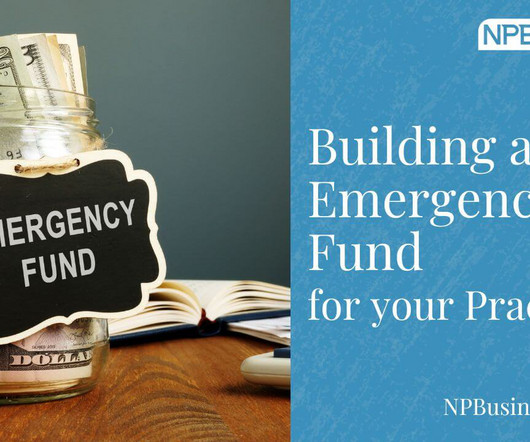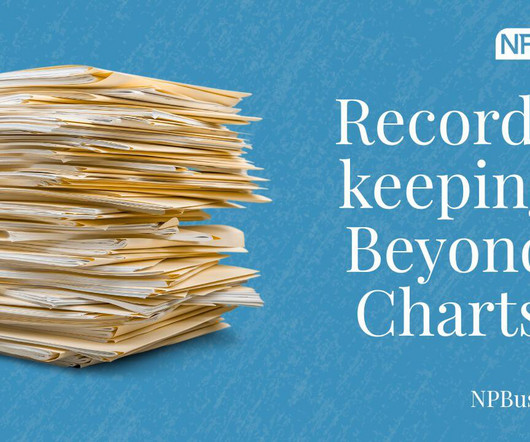How to Reduce Staffing Costs in Your NP Practice
Nurse Practitioners in Business
APRIL 2, 2025
Here are the top three expense categories typically seen in a small practice: Employee expenses: payroll, benefits, taxes Rent & Utilities: office space & water, gas, electricity, internet Insurance: medical malpractice, general liability, property, workers compensation, and other types of coverage.











Let's personalize your content